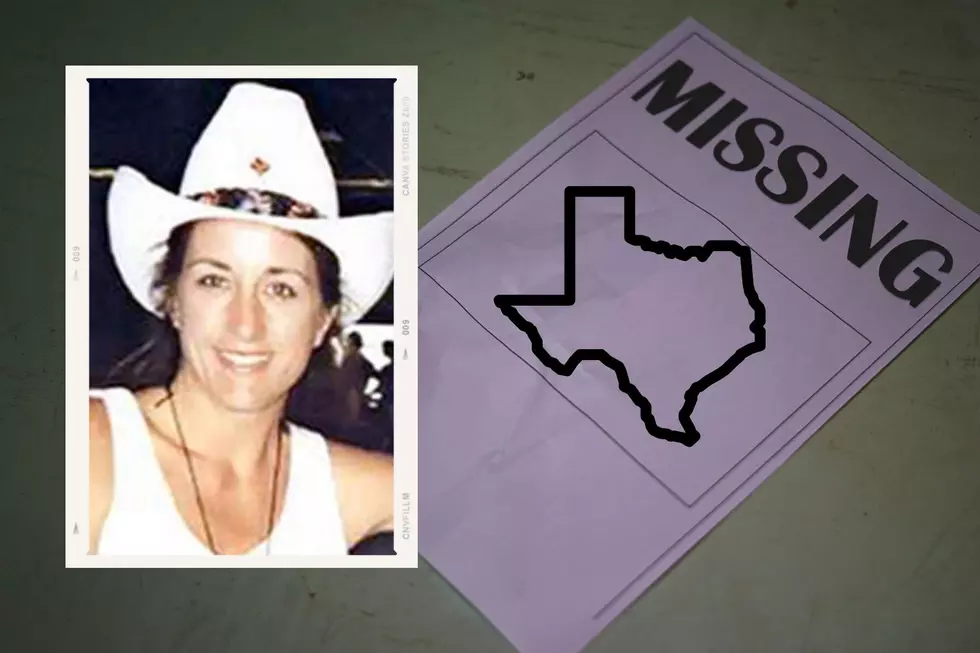
5 Ways to Not Get Scammed Helping Fellow Texans After the Storm
Now, I'm a pretty "live and let live" kinda guy.....but there's a special place in the underworld for folks who swindle folks out of money. Especially the ones who swindle folks out money during a time of real crisis. They deserve all that comes to them and more.
Now let me back up a second here and explain myself....
The FBI El Paso Office issued a statement the other day warning folks who already have a laundry list of post-storm problems (contaminated water, burst pipes, sky-high electric bills, and the like) that they should be on high alert for the worst kind of thing: disaster opportunists, aka scammers.
These are "fine folks" who happily use the chaos and disorganized vulnerability of a disaster to their own advantage; they run scams that prey on peoples heartstrings or capitalize on the demand for services or goods. The most common ruse is for the scammers to pose as representatives of a charitable organization, collect donations, and pocket the funds while heading to greener pastures.
The big takeaway from the FBI's warning statement is:
“Scammers want to help themselves to your money. They’re competing with legitimate charities and taking advantage of your generosity.”

And they're exactly right.
But you shouldn't let this deter you from any desire you have to help the many Texans impacted by the winter storm. Your donations of money and/or goods are badly needed and it's just a matter of discerning between a reputable organization and a scam artist.
A few days ago, I wrote about how to spot a shady plumber if you're one of the many people across the state dealing with the fallout of burst pipes. I'll borrow a tip from that post and share it here, because it holds equal importance here. If something is too good to be true... guess what... it probably is.
Before you hop online and click donate, You might want to look at a few things:
1. Pressure
A legitimate charity won't put pressure on you or rush you into doing anything with your money. If you're feeling harried or pressured to hand money over, that's a sure fire red flag that something isn't right
2. Look at the history
Do a little poking around. Do you recognize the charity or organization? We all know the Red Cross, Salvation Army, and so on but there's also church organizations and other smaller non-profits out there. There's no way to know them all. So when you run into an organization with an unfamiliar name, pay close attention to your instincts and don't be afraid to do a little googling about the group. You can always check a charity with the Federal Trade Commission. Another red flag is a charity that seems to have popped up out of nowhere overnight.If something seems off you're much better off keeping your wallet in your pocket.
3. Check that link...
Big giveaway here... Most of the legitimate organizations and non-profits don't have .com addresses. Look for that .org and check to see if the website is secure? HTTPS:// at the beginning of the URL is your friend, and having an icon of a lock next to it can help the deal that it's real. You may be better off avoiding links on social media or sent to your email--unless it's from the official account. But even then, play it safe by typing the URL out it in the address bar rather than clicking the link--this can help you avoid any strange redirects (phishing attacks).
4. Use a credit card or check
Sound strange? It shouldn't. If you use a credit card and it turns out that it's scam, then it's not your money that's been stolen....it's the credit card company's money. And let me tell you something: credit card companies have great resources and motivation to track those scammers down.
If you still prefer checks you can also stop payment. anyone asking for a wire transfer, donations by cash, cryptocurrencies or gift cards are a red flag. By the way, if they want a wire transfer....go ahead and get all the info and give it to the authorities... trust me they like that kinda info. (oh and don't send anything)
5. Don't answer that knock on the door
Charities don't go door to door... that is a big red flag that opens up a host of other issues in itself.
If you think you got an issue, first things first, notify the bank or your card issuer and get a hold of law enforcement. there's enough going on with out these folks setting up shop in our great state
KEEP READING: What to do after a tornado strikes
More From 101.9 The Bull









